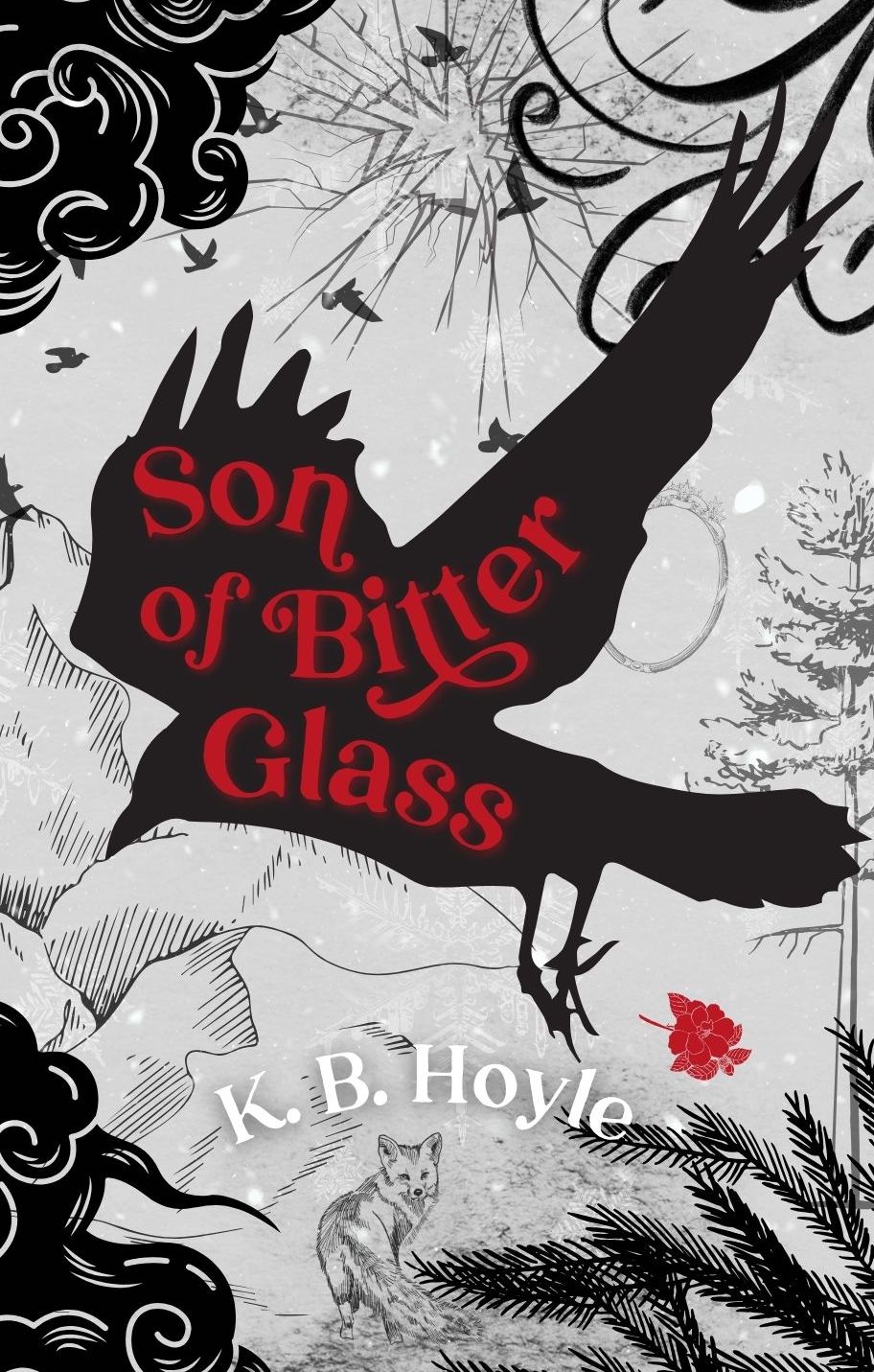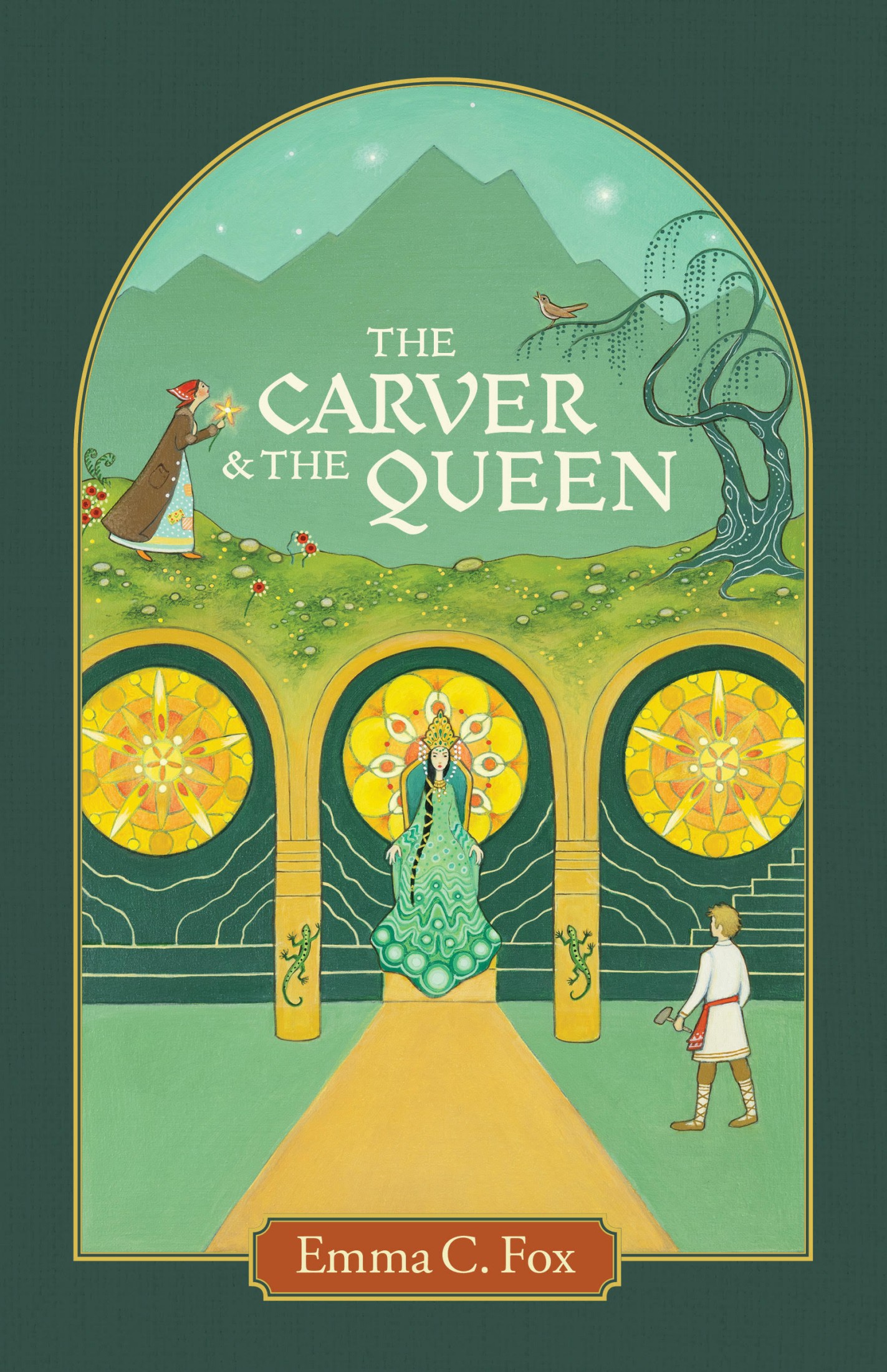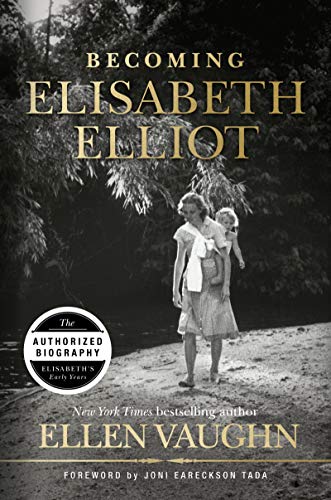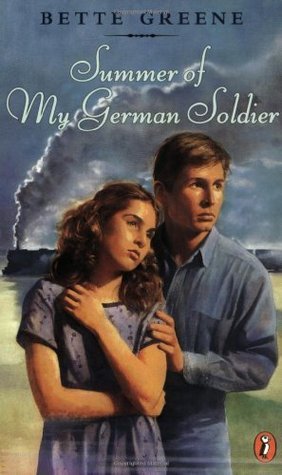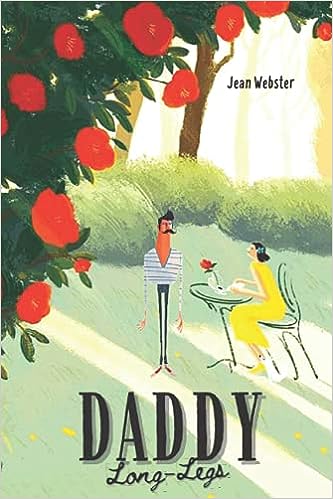“Yes, often, I am reminded of her, and in one of my vast array of pockets, I have kept her story to retell. It is one of the small legion I carry, each one extraordinary in its own right. Each one an attempt – an immense leap of an attempt – to prove to me that you, and your human existence, are worth it. Here it is. One of a handfull. The Book Thief. If you feel like it, come with me. I will tell you a story. I’ll show you something.”
A World at War
The atrocities committed during the tumultuous years of World War II burn bright in the minds of most people alive today, even though we are now three generations removed from our involvement with Germany and the Axis powers. We have been branded to forever remember and hold in our minds the image of the Nazi Party as the epitome of evil, racism, murder, and dictatorship. It’s an ugly picture, but one we must hold before each generation as a reminder, nonetheless
Numerous novels and works of non-fiction have attempted to use words to paint a portrait of the war to fulfill this need, for those of us who weren’t there, to remember. Many succeed in their purpose. Often these books pull us towards greater feelings of patriotism and push us into desires of undertaking noble tasks for our country. Those of us who are born writers often feel the sudden urge to paint our own word-pictures. Musicians lose themselves in the emotion of a beautiful soundtrack that, to them, holds the sounds and feelings of WWII. Actors and producers take their time in bringing our favorite stories of heroism to the big-screen. Even the layman, in his dusty blue jeans and t-shirt, marvels at the great things his mind can’t comprehend as he stares at the same horizon that our beloved soldiers once looked upon during the grim years of the 1940s.
All this to say: we have heard the stories of World War II told from the perspectives of hundreds of thousands of authors, journalists, soldiers, generals, doctors, medics, and more! And yet, have you ever heard the details of WWII from the perspective of Death?
Death was in high demand
To say that Germany worked hard to keep Death busy and his job secure would be a gross understatement of the horrific details. In fact, Death himself would readily admit that he is tired, worn out, and stretched thin over far too many graves after carrying so many souls into the afterlife.
What would cause Death to take the time to share his perspective with a civilization that spends all it’s time attempting to evade, elude, and all-together ignore him?
First, he can’t blame you for avoiding him. There are many who call to him that he cannot yet take away, and many who run from him who end up in his arms so quickly. His is a life of quiet labor, yet all souls will one day succumb to his gentle pull whether or not they acknowledge his work. Anyone who would have a job so grim and disheartening would understand the pure grief and loathing that emanates from those who are left behind in the wake of Death’s stench.
Second, extraordinary times affect us all in various ways. Even Death can’t help but to be moved by the plight of simple people found in the way of the Nazi juggernaut. Death responded naturally, as many of us do: by writing.
Introducing, Liesel Meminger
What color was the sky when your brother died? Do you remember? You might not, but Death does. Death notes the colors of each soul’s passing. Liesel Meminger’s brother passed on in a blur of blinding white snow while aboard a train bound for Molching, Germany. Liesel can’t forget it. Neither can Death, for a reason beyond color.
Liesel stole a book. No one but Death noticed.
When your world comes crashing in on you from a thousand angles, how do you cope? Probably not with book thieving. But that’s what Liesel did. It began that horrible day when her brother died and her mother left her with strangers.
Life has a strange and yet eventually comforting way of moving on while our small, individual worlds fall around us with crushing agony. Life goes on, but we can only move forward with bone-chilling nightmares, tear-soaked cheeks, and breaths catching on their way in and out of our lungs. Liesel moves on in such a way. However, words console her.
Liesel begins school soon after moving moving in with her new foster parents, Hans and Rosa Hubermann. There is only one problem Liesel has with school: she got put in the kindergarten class. But that’s because she can’t read. When you can’t read and you also can’t make it past midnight without waking in dread of the nightmare you barely survived moments ago, what do you do? Read The Gravedigger’s Handbook with your foster Papa in the wee hours of blackest night.
Slowly but surely, Liesel begins to read and also adjust to the new normal in Molching. She quickly meets Rudy , the kid on the block who idolizes Jesse Owens. (In fact, they say this boy Rudy painted himself black with charcoal and ran in pitch dark, just because he wanted to be like Jesse Owens.) Imagine yourself as a young German boy in the 1940s who has made Jesse Owens into a god. Now imagine Herr Fuhrer and his stiff refusal to acknowledge Owens in the Olympic games. Perhaps this is for us a foreshadowing of darkly depressing days in Rudy’s future.
Introducing, a new perspective
Jews are outcasts and criminals, lesser-beings who deserve nothing better than to be paraded, half-naked and completely starving on the streets of the Nazi Regime. But what do you do when one shows up in your basement? What then?
Liesel recognizes quickly that she has something in common with Jews: she, as well as they, appear to be human. Strange that Hitler would take such great pains to render the reputation of the Jews as butchery, thievery, and mockery of the German race. In fact, when you look closely, it appears that the Germans have taken upon themselves butchering, thieving, and mocking in order to destroy the Jews.
Jews are a dangerous business.
Secrecy is of the utmost importance.
Liesel and the Hubermanns now have a target on their back. They fight everyday to keep that target hidden: from friends, from family, from neighbors, from Hitler…
A story full of colors
The Book Thief is well written.
That is the short version of this book review. To get more in depth, there are some things we have to deal with, even though it’s a good book overall.
Language can be colorful. And let me tell you…it is quite colorful in this novel! Rosa Hubermann has the dirtiest mouth that side of the Atlantic Ocean. Liesel, and her friend Rudy too, quickly begin to use language and use it often. It’s almost always directed at individuals and is meant to be insulting most of the time, while other times it’s merely teasing in nature. On the bright side, the cuss words used are in German from their second usage on. However, that just helps the reader justify its use. Language is not really acceptable for Christians. Ever. Reading it, hearing it, seeing it…it all leads to saying it. For those who are beset with struggles involving bad language, it wouldn’t be wrong to skip this book entirely and pick up a cleaner option.
Violence, as with basically all war novels, is ever-present. It is at times horrific, but that truly is no surprise. If you pick up a war novel, you will find some nasty scenes: that is a fact! However, while the violence is present and somewhat disturbing at times, it is not so overwhelmingly used as is the language. It would be possible to read this novel and skip a few pages when you encounter something difficult to stomach. Again, though, if violence bothers you, keeps you up at night, or feeds a deep fear in your heart: don’t read The Book Thief. In fact, if violence and war bothers you…why are you here? If I were you, I would forget about ever reading a war novel!
The two main characters that we follow (Liesel and Rudy) are young, somewhere around 11 or 12 I believe. That means we do not have any relational, romantic, or sexual issues come up. There is a kiss that is mentioned somewhat frequently, but it is not a romantic issue necessarily. In fact, it is a rather ironic piece of the story that becomes important towards the very end of the story.
All in all, The Book Thief gives us a fabulous story. It can be at turns heart-breaking, tear-inducing, and laughable. It can create a bright ray of joy, but also produce a dark cloud of sorrow or anger. Not only that, but we find an interesting perspective as we see the story filtered through Death’s eyes. In a way, because we do not believe that death is a person, the narrative could cause some problems for those who lean towards a more legalistic perspective. However, when we step back from literal interpretation and appreciate literature for what it is (artistic craft that takes hard work and dedication) we can see beyond those things that we might consider problematic and understand on a greater level our own humanity.
I would read this book again, hands down, thumbs up, no questions asked. However, due to the language and some violence, I would suggest that this book is meant for an older audience. Ultimately it is up to your own discretion, but that is my recommendation!
One last quick note: I read this book because I wanted to watch the movie. So…look for a movie review of The Book Thief in the near future!
Until the next book! 🙂
![]()
